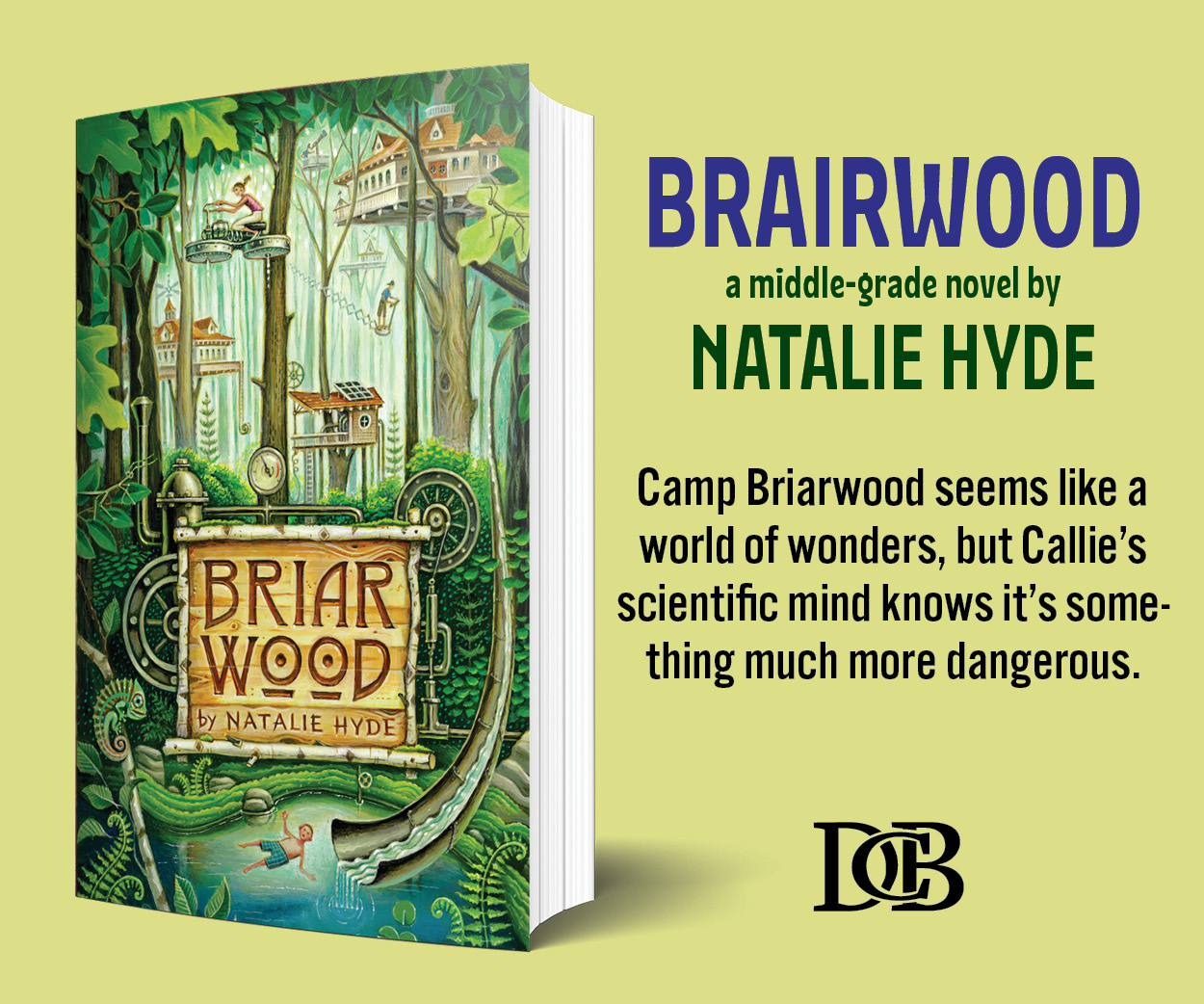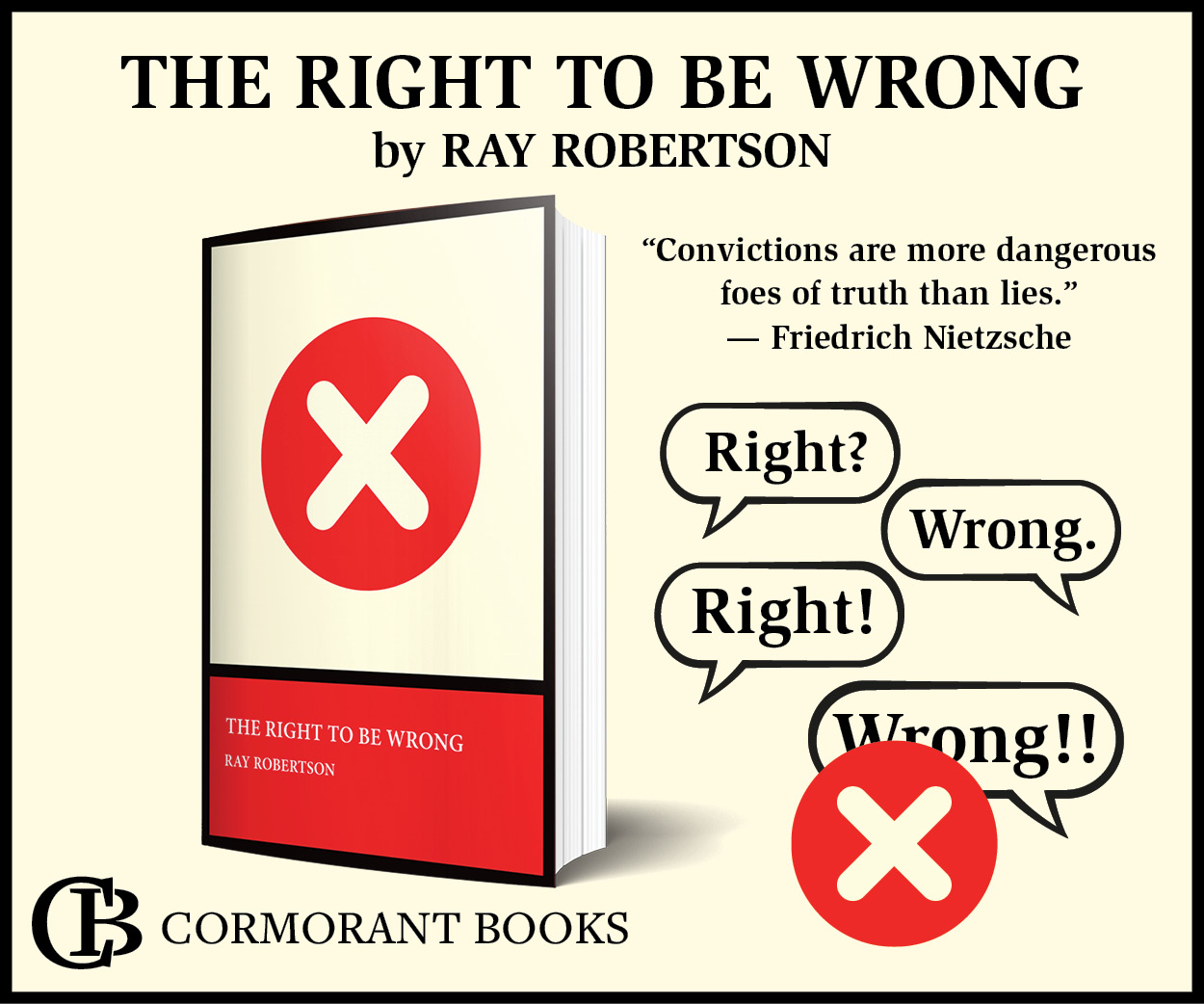In Praise of … Reading Widely
By Mark Sampson
I wonder if other writers feel a particular dread I sometimes get when I’m working on a new story or poem. It happens when an idea, or an approach, or a certain trope comes into my mind, one that suddenly seems vital to whatever I’m trying to accomplish on the page, and yet, in that moment, I don’t feel equal to it. I don’t feel like this one technique or structure, which will no doubt take the piece I’m working on to a whole new plane of brilliance, is within my ken. This is a sinking sensation, a horrible sensation, and it comes either because I haven’t read a work that attempted something similar, or I have read such a work, but didn’t pay close enough attention to the writer’s method of pulling it off.
There are many authors who will argue in favour of writers reading widely, and a few who have argued against it, but for me, a big part of the reason I cast a wide net is to avoid, or at least mitigate, the scenario above. If you’re a writer, especially if you’re a novice, you can often become very fixed and preoccupied with what you’re attempting to do in the moment. You may have one thing, or one series of things, that you want to accomplish in your work, and your reading life reflects that goal: you have a coterie of books that you read and reread obsessively because those writers do the sort of thing that you want to do. The problem is, you never know what you might want to attempt in a future work; you never know how your art may demand that you branch out and extend yourself. No doubt there are writers of quiet, august works of literary fiction struggling right now to resolve a plot point because they’ve eschewed mystery books or horror novels as a matter of pride. There may be writers of memoir or personal essays struggling to express a seemingly ineffable feeling because they thought reading poetry didn’t apply to authors of nonfiction. There are poets who might have an easier job nailing quotidian details in their verse if they just took a break to read the workaday journalists publishing stories in the A section of their local newspaper.
I can hardly explain the queer magnetic fields that attract me to the books I read. Earlier this year, I was in Victoria, BC to do a reading, and while in town I wandered into local mecca Russell Books with a specific goal in mind: I was anxious to acquire copies of Virginia Woolf’s To the Lighthouse and William Shakespeare’s The Merchant of Venice, two examples of capital-L literature that I hadn’t yet read. Why was I suddenly obsessed with these particular works at that particular time? Who knows. Perhaps I wanted to add them to my reading pile for the pure pleasure of their stories. (Although, to be fair, the former didn’t really have one, at least in the traditional sense.) Or was there a hidden, nascent problem with one of the novels (or short stories, or even a poem) currently percolating in my subconscious that these works would help solve? It’s difficult to say.
In fact, when I look back at the reading lists that helped shape the works I have published, they hardly make sense. My first novel, Off Book, was a bizarre amalgam of influences from Margaret Laurence and Douglas Coupland, but it also relied on a small canon of business books from the late 1990s about the first dot-com boom. In my most recent novel, The Slip, I can see shades of both Amises (Kingsley and Martin), P.G. Wodehouse and Salman Rushdie, but it also involved re-reading a small library of Western philosophy (including the turgid, humourless musings of Immanuel Kant). One of my short stories, “Malware” (from The Secrets Men Keep) was bourne almost exclusively from reading about both the culture of hackers/computer-virus programmers and the misogynistic phenomenon of men’s-rights groups, and the confluences therein. Over the years, I’ve learned not to ignore the compass of my curiosity.
Of course, reading widely doesn’t mean reading everything. Who ever said that it did? Writers who get squirrelly at the notion of keeping a diverse tower of titles on their nightstand often cite the fact that the vast majority of books published aren’t worth reading at all. I’m constrained to agree with them. Most books are dreck, slipping beneath the waves before they can find even a modest-sized audience. But the flip side to that position is that there is also so much good stuff out there that you couldn’t hope to read it all. Even if only one in a thousand published books will blow you away or add something important to your emotional or intellectual life, you’d still need a thousand lifetimes to read them all. And besides, bad books can have value, too. If we’re serious about our craft, we know that reading the occasional turkey can teach us, or remind us, what not to do. Reading widely means not only knowing what has been done before, but how it was accomplished, or not. Writers need to train themselves to read from the back-stage area.
Your CanLit News
Subscribe to Open Book’s newsletter to get local book events, literary content, writing tips, and more in your inbox
A lot of the counterargument to what I’m praising here boils down to reading deeply rather than widely. Again, I have no quarrel with this idea. There is a special kind of euphoria that comes from discovering a new voice and immersing yourself in that person’s backlist for weeks or months at a time. There is an energy that comes from finding something new to become obsessed with. Earlier this year, I read the Giller-nominated novel Minds of Winter, by Ed O'Loughlin, which contains allusions to the unbelievable story of Albert Johnson, a shadowy criminal nicknamed the Mad Trapper, and the manhunt to bring him down in Canada’s high north in the 1930s. Now, I want to learn every frigging thing I can about the Mad Trapper – I want to read every book and watch every documentary on YouTube. This kind of obsession reminds me of when I was a kid and wanted to know, in the most minute detail, everything I could about the Challenger disaster or the assassination of JFK. The older I get, the more I think that this kind of obsessiveness is what breeds my desire to write in the first place.
But still. While you’re down in your rabbit hole, the world moves on. Other great things get published, things that will wow you or teach you something new or nudge your creative trajectory in a fresh direction. You need to come up for air. You need to throw yourself into the flow of it.
Well, that’s it for me. This is my last column as writer in residence for Open Book. I’ve never been a writer in residence before, but I always imagined it involving leading a discussion about the tenets of creative writing with a group of students or sitting in an English department office somewhere waiting for tyro novelists or poets to come seeking my advice, and I’ve tried to replicate that experience here. If you’ve liked or disliked anything you’ve read in these eight posts, pop by my oft-neglected (but, perhaps, aptly named) blog Free Range Reading and leave a comment. I also want to extend a special thanks to novelist and Open Book editor Grace O’Connell for the invitation to do this residency. It has been a lot of fun.
The views expressed in the Writer-in-Residence blogs are those held by the authors and do not necessarily reflect the views of Open Book.
Mark Sampson is the author of the novels Off Book, Sad Peninsula, and The Slip, as well as a short-story collection, The Secrets men Keep, and a poetry collection, Weathervane. He has published fiction and poetry in literary journals across Canada. Mark lives in Toronto.


